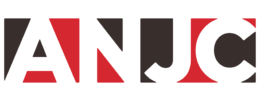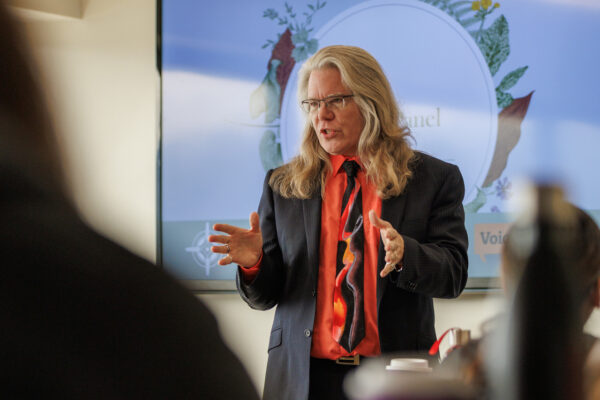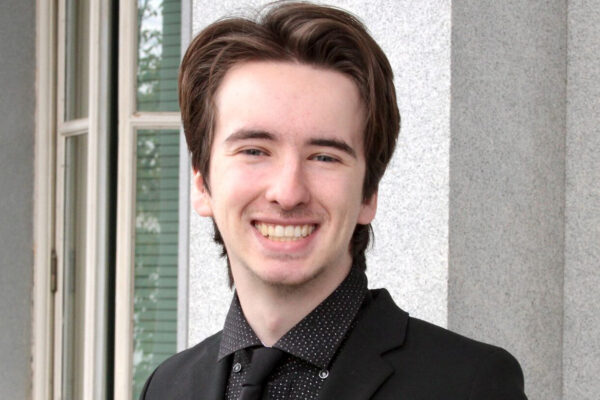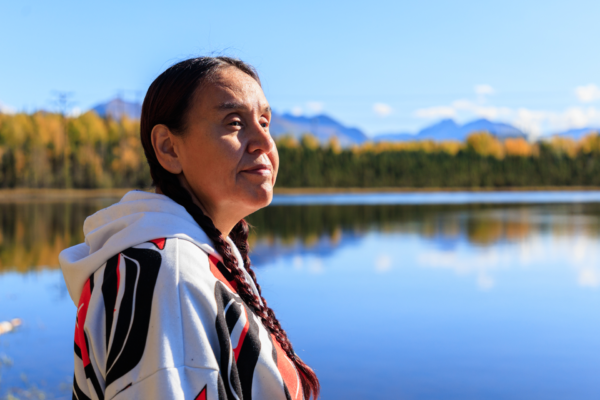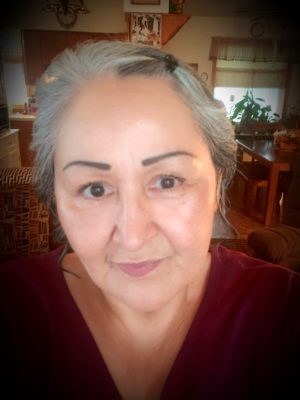
A Q&A with Lola Tobuk:
Q: Tell us about the work you do on behalf of the Tribe as it relates to Indian Child Welfare Act (ICWA) cases?
Lola: Nome Eskimo Community is one of 229 Tribes in the state of Alaska. As such, we have the authority under ICWA to intervene and become a legal party on cases involving our Tribal children and families. When a Child Protective Services agency removes—or is intending to remove—a child from our community, we become involved with the investigation. By intervening, we become a legal party. We advocate what is in the child’s best interest, ensuring family contact or other positive outcomes benefitting the children and the family.
Q: How has the Alaska Native Justice Center (ANJC) helped improve Nome’s Tribal community?
Lola: Before partnering with ANJC, we did our best to protect our families ourselves. But we are non-attorney Tribal representatives. One of our cases, in particular, became litigious and we explored options for legal assistance. That’s when we learned about ANJC’s program to assist Tribes.
An attorney at ANJC reviewed our case and provided legal representation for us. He took the lead with the public defenders that were on the case. He was very knowledgeable of the Child In Need of Aid rules as well as court processes and procedures. He really encouraged us to assert our authority when things go sideways. Now when we speak, the court listens to what the Tribe is saying and requesting.
We’ve been very, very lucky to have ANJC represent us on this very difficult case.
Q: Do you see yourself coming back to ANJC for future representation or assistance on cases?
Lola: Absolutely. We recently reached out to them for another challenging case. We advocate for Tribal entities in rural areas to consider asking ANJC for help. We will most definitely request assistance from ANJC in the future.
Q: Why is it important that Tribal voices are heard in these cases and Tribes can represent themselves?
Lola: The Indian Child Welfare Act was passed because many of our Tribal children were being adopted out to non-Native families. They grow up not knowing anything about who they are culturally or where they come from. They are lost to us. So we do our very best as non-attorney Tribal representatives to ensure that our children are placed with relatives whenever possible. We make sure that the family is afforded adequate contact or family connectedness.
During the life of a case, we make sure that our children are given the opportunity to participate in cultural and traditional activities, like Native dancing. When we can, we provide Alaska Native foods for our kids and our parents.
And we make sure that OCS does what they’re supposed to do—under ICWA—in that they’re required to provide active efforts to make sure that reunification is possible for our children and parents.
###
